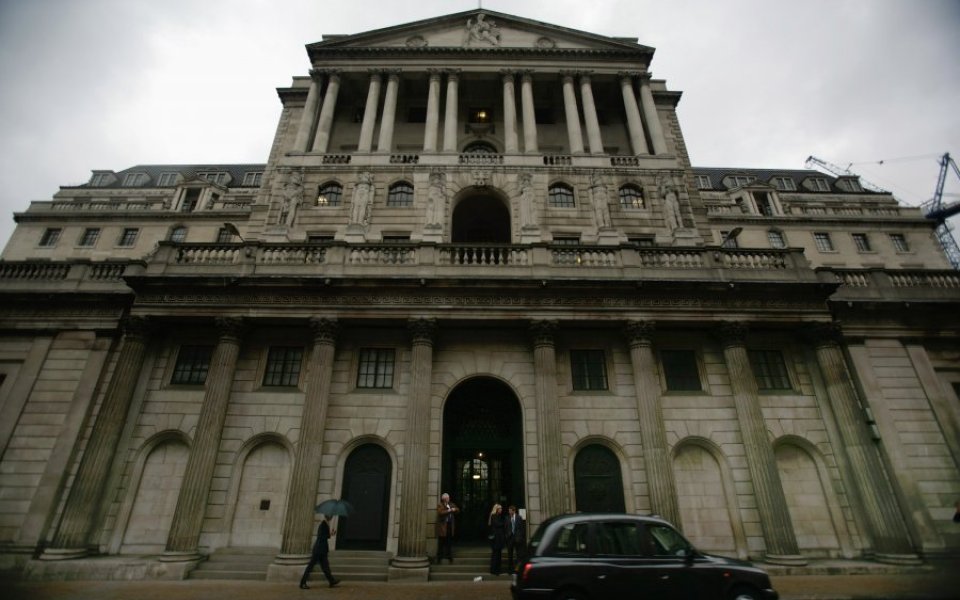EU referendum: Challenger bank boss says smaller UK lenders would be better off outside of the EU

The boss of a leading challenger bank has said that Britain's smaller lenders may be better off if British voters back leaving the European Union.
Paul Lynam, chief executive of Secure Trust and head of the British Bankers' Association (BBA) challenger bank panel, told City A.M. over the weekend: "Arguably a Brexit would put the UK in more control of its own destiny in a lot of areas including bank regulation."
"The government and Bank of England have been calling for a more level playing field yet recent Basel proposals which could be imposed on the UK by the EBA would achieve the opposite and make the playing field even more biassed in favour of the 'Too Big to Fail Banks'.
"Noting the EU is a net importer into the UK, I struggle to see a compelling argument for the UK continuing to be a consistent net payer into the EU coffers," he added.
Ten bank bosses, including Lynam, met with the Treasury’s director of financial services, Charles Roxburgh, last week to raise concerns over the international Basel Committee's proposals, which experts say could compel small banks offering buy-to-let (BLT) mortgages to hold nearly 2,000 per cent more money than bigger banks.
Meanwhile, Prudential Regulation Authority (PRA) chief executive Andrew Bailey sent a letter to challenger bank bosses last week saying they should not be overly worried about the Basel proposals, as UK regulators were aiming for overall capital requirements to decrease, rather than increase
“The UK does not expect forthcoming adjustments to risk weighted assets at Basel to add to system-wide capital requirements,” Bailey, who is also deputy governor of the Bank of England, wrote in the letter. “Given changes to model-based approaches, this may mean capital requirements for banks and building societies using the standardised approach will need to be adjusted downwards in the final calibrations.”
The challenger banks, including OneSavings Bank and Aldermore, have been at loggerheads with the Treasury since chancellor George Osborne said in July that the government would scrap the bank levy in favour of a new corporation tax surcharge that would apply to large and small lenders.